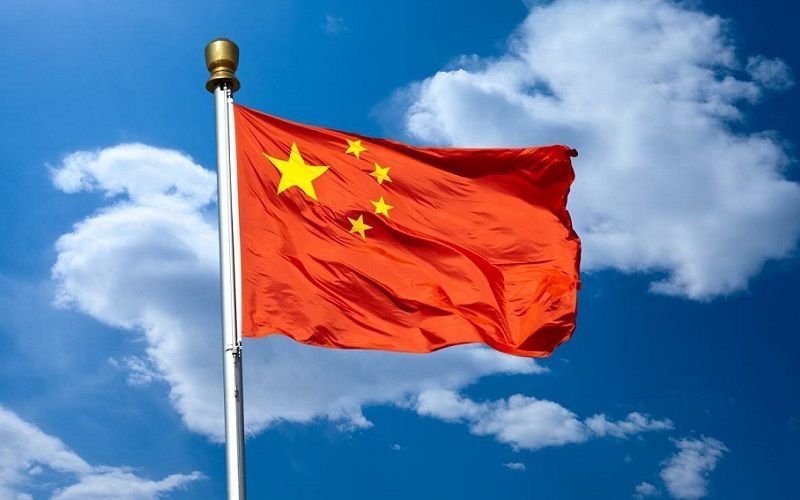China's Economic Slowdown Triggers Interest Rate Cuts and Impacts Agricultural Markets
China's economic deceleration has compelled the nation's central bank to lower interest rates, aiming to revitalize economic growth, according to insights from the Italian analytical firm CLAL. This slowdown is manifesting in reduced domestic consumption and a general decrease in imports, signaling broader economic challenges.

In the agricultural sector, particularly in the pork industry, this economic slump has led to a notable decrease in demand and an oversupply that resulted in a 27% drop in pork import volumes in the first half of 2024 compared to the same period in 2023. The value of these imports fell even more sharply, by 40.8%, totaling $2.2 billion USD. This market contraction has also driven a reduction in domestic pork production and the number of breeding sows, though it ironically prompted a price recovery in June, with pig prices rising by 10.4% and pork prices by 10.9% fr om the previous month.
The downturn extends to the feed sector, with diminished demand for soybeans and corn due to the reduced livestock numbers. Despite significant imports—48.4 million tons in the first half of the year—the soy market is experiencing a surplus relative to demand. The impending months may see further weakening in China's demand on international markets, particularly impacting oil crops wh ere a noticeable reduction in imports from the USA, down by 37.9%, could suppress global prices further.
Additionally, the corn market is currently experiencing high supply levels, which have led to a drop in domestic prices over the past year and decreased imports.
The dairy sector is not immune to these trends, facing weak demand even as local supply increases thanks to investments in the milk industry. This combination of factors outlines a comprehensive impact of China's economic policies and global market dynamics on its agricultural sectors.
The downturn extends to the feed sector, with diminished demand for soybeans and corn due to the reduced livestock numbers. Despite significant imports—48.4 million tons in the first half of the year—the soy market is experiencing a surplus relative to demand. The impending months may see further weakening in China's demand on international markets, particularly impacting oil crops wh ere a noticeable reduction in imports from the USA, down by 37.9%, could suppress global prices further.
Additionally, the corn market is currently experiencing high supply levels, which have led to a drop in domestic prices over the past year and decreased imports.
The dairy sector is not immune to these trends, facing weak demand even as local supply increases thanks to investments in the milk industry. This combination of factors outlines a comprehensive impact of China's economic policies and global market dynamics on its agricultural sectors.
Key News of the Week











